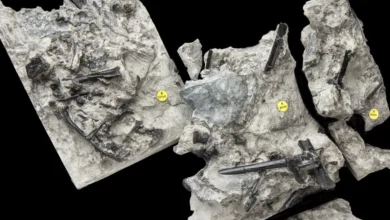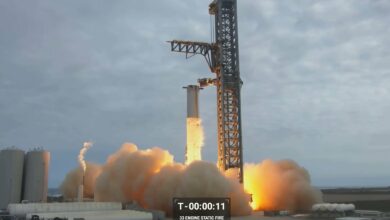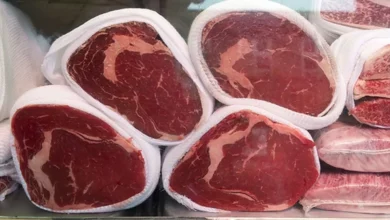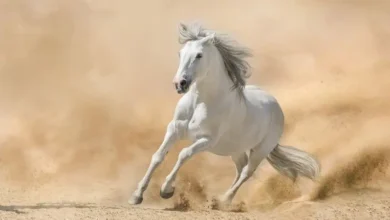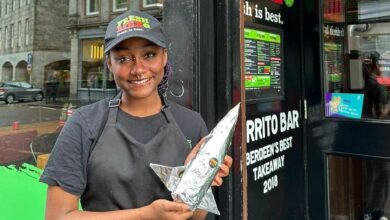Portugal’s Barroso lithium mine project faces villagers’ ire
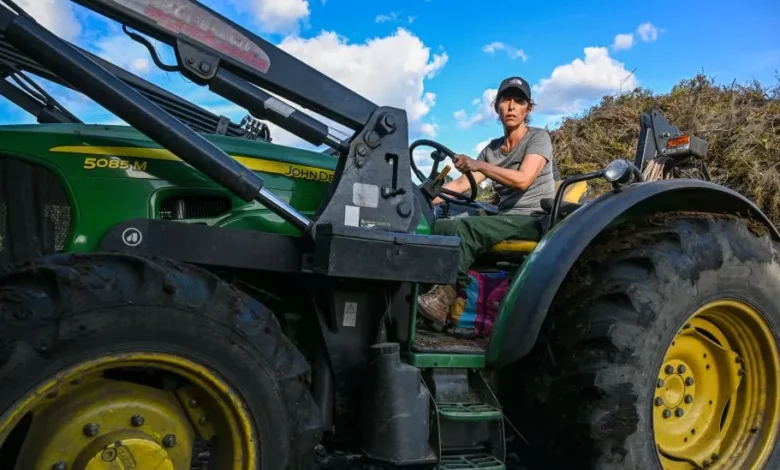
An ancient farming village in the Portuguese mountains is fighting plans for an opencast lithium mine right on its doorstep.
The lithium would be used for electric car batteries and is described by the mining company as critical for Europe’s transition to green energy.
Portugal’s lithium reserves are considered central to Europe’s increasing demand for electric cars, but the villagers say it doesn’t justify ruining their way of life.
“It would destroy everything,” says Aida Fernandes, as she looks across the valley where four opencast pits would border the village of Covas do Barroso in northern Portugal.
Aida, like generations before her, farms cattle in this lush, unspoilt region which has UN Food and Agricultural Heritage status for its landscape and farming traditions.
She deftly manoeuvres a tractor-load of brushwood which she’s spent the afternoon cutting from common land owned jointly by the community. Next she spreads the springy branches across the floor of the barn for bedding for her cattle.
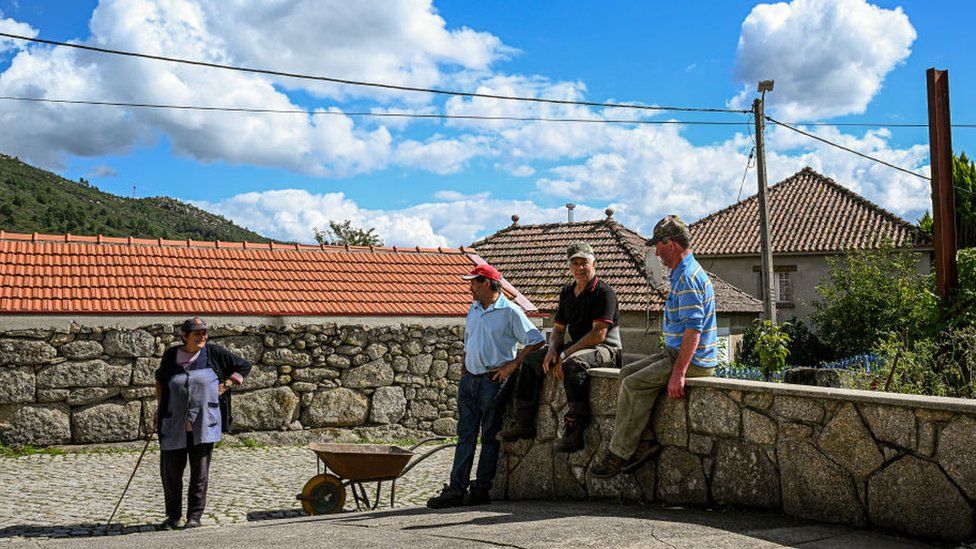
Common land is key to a dispute over plans for a new opencast mine – the Barroso Lithium Project – which would produce enough lithium for 500,000 electric car batteries a year over its 14-year operational life.
But three quarters of the mine depends on accessing lithium deposits found in rocks on common land in the area, with the majority owned by the village.
Aida is president of the Baldios – or common land association – which has rejected international mining company Savannah Resource’s financial offer to lease the land currently used for forestry and pasture.
The European Union is keen to reduce its dependence on mines in China, Africa and South America for lithium and other raw materials needed for the green energy transition.
The Barroso mine could be one of the first large-scale mines to supply battery grade lithium within Europe and in May Portugal’s Environment Agency gave Savannah Resources, which is based in London, the conditional go-ahead.
They had revised their original proposals and agreed to changes such as not taking water from the local river. They must also build a new road to avoid the villages and fill in the opencast pits when mining there is finished.
We’re not for sale, we don’t want to sell. If I sold my land, what would I do?
But opposition is still strong and Aida says that at the meetings they’ve had, “There isn’t anyone who’s in favour.” She says that in spite of the changes, “this is not good for us or for the environment” and they will fight on.
If an agreement isn’t reached the Portuguese government could expropriate the land.
Savannah also wants to buy private land from people like Maria Loureiro, who farms at the other end of the village. She grows olive trees and has cows which trot past us with bells jingling around their necks.
“We’re not for sale, we don’t want to sell,” she tells me. She resents the offers of compensation and royalties for the area. “If I sold my land, what would I do?” she asks. She would also lose access to pasture on the common land if the mine went ahead.
This is echoed by Fernando Queiroga, mayor of the municipality of Boticas, which includes the village of Covas do Barroso. He says that even if people are compensated for the duration of the mine they “will never go back to producing agricultural products again because in the meantime they’ll leave or they’ll just give up farming”.
He’s finalising a legal challenge to the conditional approval of the project. “If the national courts don’t give us our answer, we’ll appeal to the European Court,” he says.
The parish council of Covas do Barroso and the common land association have also lodged their own legal cases in an attempt to block the project.
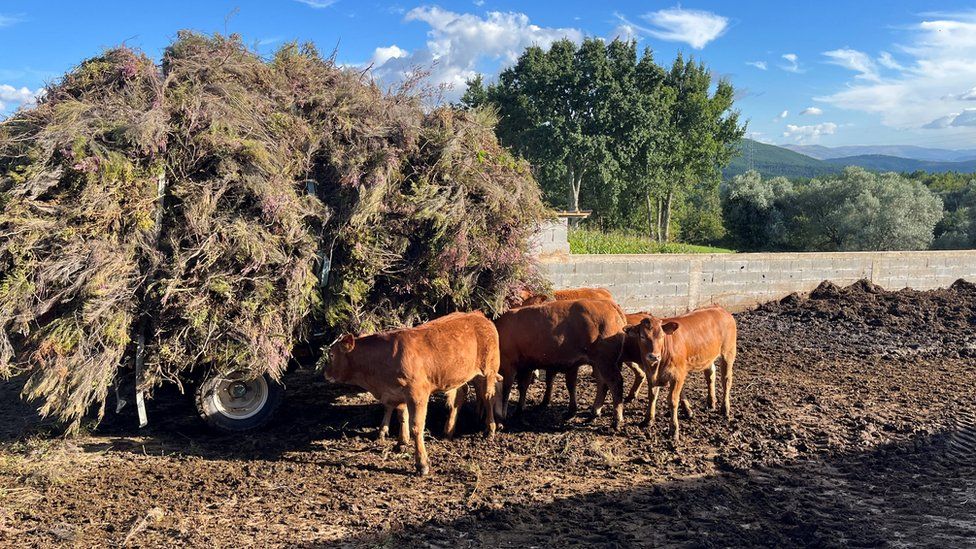
Dale Ferguson, the Australian interim CEO of Savannah Resources, says they’ve “listened to the community” and have made changes but concedes that “there always is some level of impact”.
He believes the mine is “really critical for the energy transition for Europe”. He admits though, that with legal challenges, “the courts will make those ultimate decisions but we respect everybody’s rights and everybody’s opinions”.
Portugal’s Secretary of State for Energy and Climate, Ana Fontoura Gouveia, is backing the Barroso mine and further exploitation of lithium in Portugal. She says the mine will bring new jobs and funding through royalties to the area. The legal action, she claims, is simply part of the democratic process.
But does she see this as a test case for the rest of Portugal and Europe? “I see it as a best practice case and we are keen to show that you can do mining in Europe in the 21st Century with the highest standards and to the benefits of local populations,” she says.
The rest of Europe will be watching the outcome closely, as pressure grows across the continent to open new mines for raw materials needed for the green transport and energy of the future.
